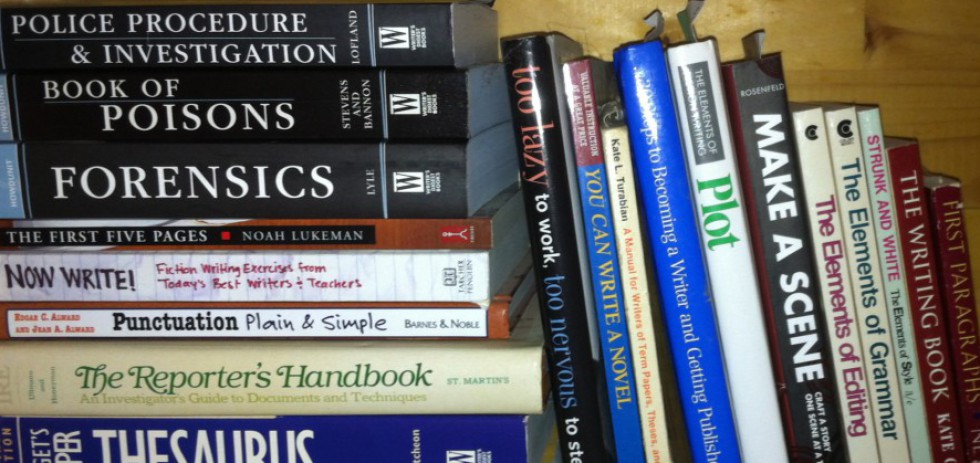From the Writer’s Toolbox
By Annette Rey
I love this word – insouciant.
I heard it used in a 1953 radio program rebroadcast in 2019 describing a private eye. That spoke to me of the probable education level of the 1950s radio-listening population.
I surmise that in current times, fifty percent of the population has never heard the word before, much less are able to define it, or spell it, or would have recognized it as it was quickly spoken over the air. Hearing it took me aback for a couple of moments. I said to myself, “What did he say? Insouciant? What a good word!” The usage of the word in this context excited me and drifted me to that era of the 1950s where I imagined a more educated populace, where people sat with one ear glued to their radio, where their minds were engaged in the exploits of their favorite character. In that moment, the word worked on my imagination and transported me. I had escaped the present.
This is exactly the effect you want your readers to experience. Words are the transport vehicles you must supply them to take them along the journey you are designing. And before I go on, insouciant means – more than having a carefree attitude, the person who is insouciant couldn’t care less.
Hearing the scriptwriter’s word choice told me he was familiar with it, felt comfortable with it, and used it correctly. The writer didn’t fear using the word and didn’t expect the word to be too obscure. He did not underestimate his listener. This is a good lesson for the writer of today. Do not feel you are speaking above your reader and do not ever talk down to him. Expect he will appreciate your words.
Writers need to have a wide vocabulary for obvious reasons like enriching their prose and enticing their readers. But words mean more than that, and should mean more than that. Words should be open doors to new thoughts, deeper thoughts, extensive descriptions, insights and feelings beyond the pictures that common words bring to our minds. Replace mundane words with richer words that challenge and excite and maybe even educate your readers. Bring flavor to your work. Transport your reader.
I’d rather tag along with an insouciant gumshoe than to be associated with a mere don’tgive-a-damn character. Words make your creations really alive. Breathe life into them.
Insouciant – I love this word.



